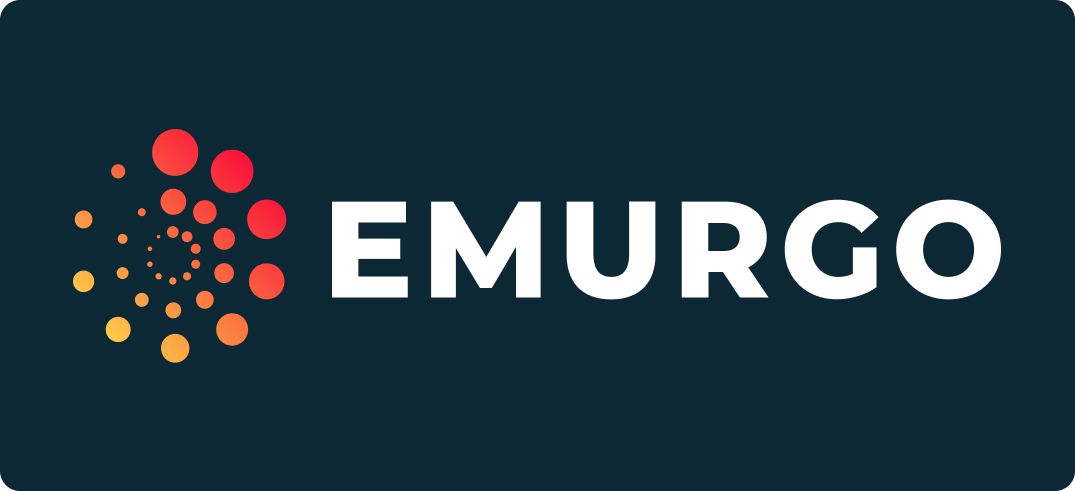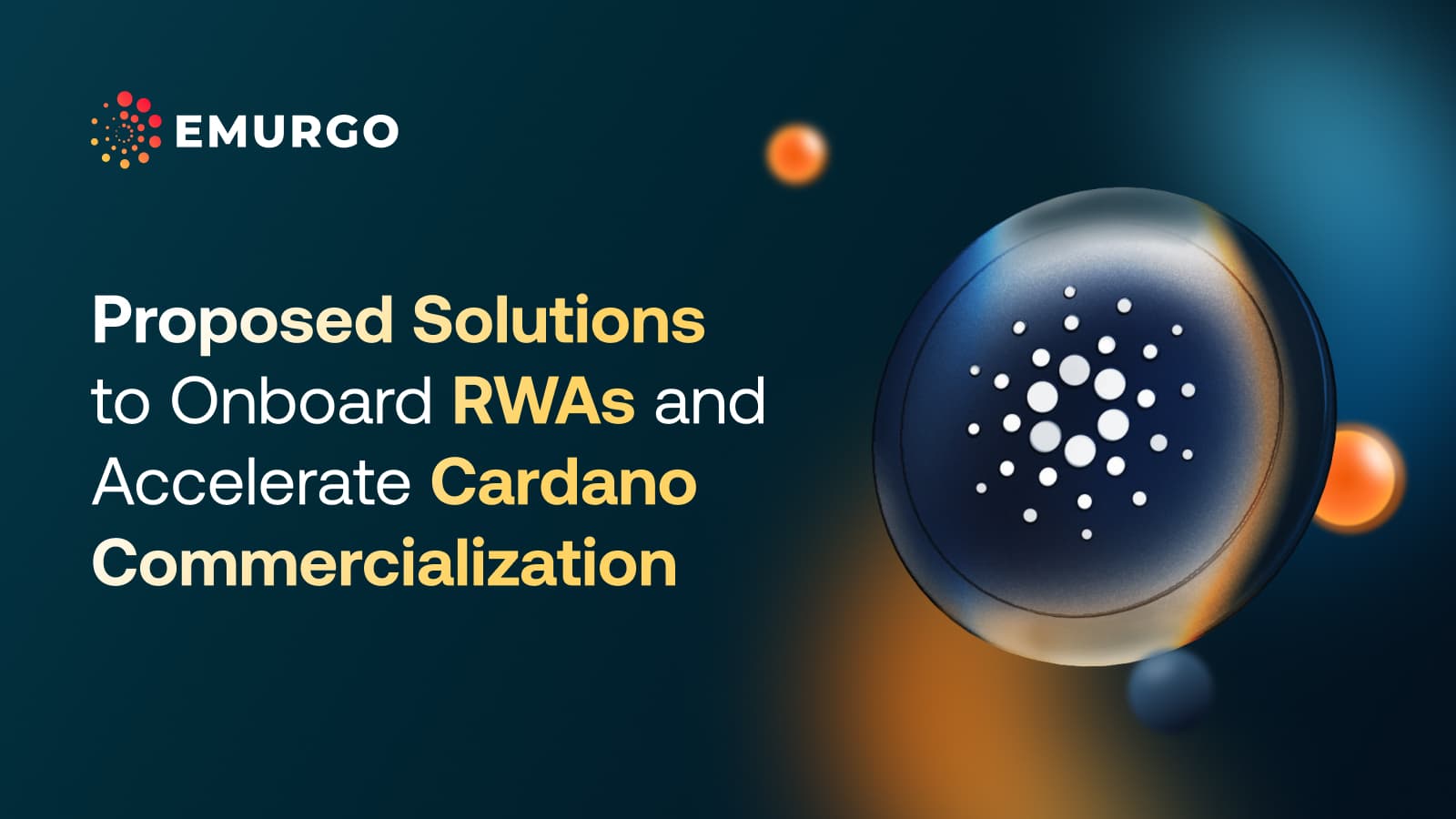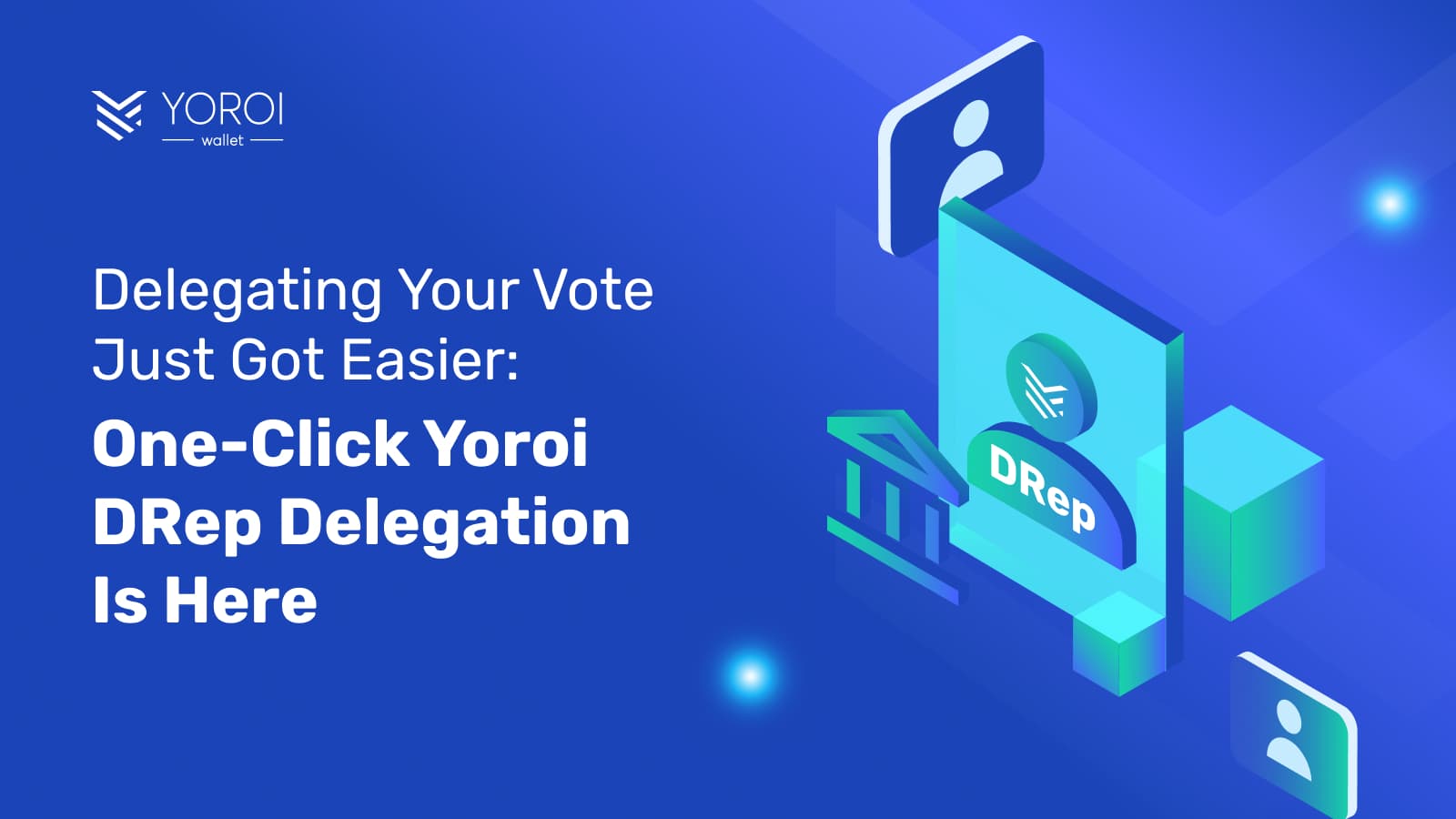DeFi (decentralized finance) started to gain adoption and users in 2020, experiencing a 20x fold increase in TVL (total value locked) within the DeFi ecosystem. Since then, a lot of new DeFi applications have been built and launched, enabling users all over the world to leverage their crypto assets for a variety of decentralized financial services including lending, borrowing, staking for yield, and more. With this explosive growth in DeFi and crypto overall, regulations have also started to gain more discussion to create a framework for regulators on how to best approach the ongoing development of DeFi.
As DeFi is still in a state of regulatory discussion and its applications are designed to be peer-to-peer services leveraging decentralized blockchain technology, users are left vulnerable to security risks, hacks, and other flaws that can let hackers exploit the code of a DeFi application. While DeFi has been on a consistent trajectory of development and adoption, its nascency and risks mentioned above have led to creating an atmosphere of uncertainty to prevent many crypto users from fully engaging with DeFi applications.
The current state of DeFi is one of rising awareness and discussion among traditional financial institutions and government regulators. Many are coming to understand DeFi’s potential benefits and risks and are thinking of ways to embrace a healthy legislative balance between innovation and regulation.
However, developers and users continue to build new DeFi products and services and upgrade existing ones and increased awareness brings new users into the DeFi ecosystem.
The question now is “Where does DeFi go from here?”
Most would agree that there is a clear need to either create or modify existing regulations to accommodate the innovative features and growth of DeFi while protecting users.
Let’s take a look at the basic building blocks of DeFi and the current state of DeFi regulations to answer this question.

All ecosystems require some sort of basic blocks that can be used for more complex use cases. DeFi is no different, let’s describe them:
Cryptocurrency or digital coin: A digital asset that operates independently of any other platform. It is the main or underlying native asset of a blockchain network and it’s used to pay for transaction fees. They are the backbone of a certain blockchain and the engine of an ecosystem. Examples of coins include Bitcoin (BTC), Ethereum (ETH), and Cardano (ADA).
Token: A type of cryptocurrency built on top of another blockchain. It does not have its native blockchain network. Often they are created to serve as a utility asset for a platform or project built on top of a blockchain like those mentioned above. Tokens can be fungible and interchangeable or non-fungible and unique which can serve as NFTs.
Oracle: A third-party service that provides blockchain-based smart contracts with external data. This can range from digital asset price feeds for cryptocurrencies and NFTs to real-world price feeds for commodities and interest rates. These data streams are often crucial for more complex DeFi platforms like lending marketplaces, making oracles a critical part of the DeFi world to provide up-to-date and accurate relevant information for users.
Smart Contract: An arbitrary logic that is executed on top of a decentralized blockchain. Arbitrary means that any type of logic can be run on top of a blockchain. In most cases, it’s the business logic that governs the revenue sources for a project or decentralized application (dApp). Smart contracts can be programmed to contain certain conditions that enable the contract to self-execute for its participants once the conditions have been met.

The world of DeFi remains in an opaque state. Due to political reasons and/or a lack of general awareness, many of the main regulatory bodies across the world have yet to give a clear framework for this new economic model. This has, in turn, created a space filled with uncertainty for companies, users, and developers, as regulatory agencies can act as final arbitrators by taking legal action on a case-by-case basis.
Let’s look at a few of the major crypto markets in the world to see their current stance on DeFi.
The United States
The U.S. remains in a deadlock regarding a regulatory framework for blockchain at large and DeFi specifically. Major legislative efforts and talks to discuss frameworks have fallen short and regulators have taken a “regulation by enforcement” approach. The result has been enormous uncertainty.
There has been considerable debate between differing members of the legislature about creating guidelines, but a lack of consensus and interest has stalled the advancement of these discussions.
Congress had also proposed imposing identity verification measures for DeFi applications.
The European Union
The E.U. is ahead with the Markets in Crypto-Assets Regulation (MiCA) draft legislation. It aims to create an all-encompassing legal framework for the regulation of crypto assets in the E.U. The objective of MiCA is to take some of the lessons learned so far and establish definitions and best practices for the industry.
The main tasks for the MiCA framework are:
- To replace individual regulations within Member States of the E.U. into one unifying and comprehensive framework
- To set clearer rules for crypto-asset service providers and token issuers
- To provide more certainty in the regulation of crypto assets where it is not covered by the existing financial regulations
The effort is well underway and it has been approved at the level of the E.U. government bodies. The initial portions of MiCA are expected to take effect by June 2024, and all of the provisions by the end of the same year.
One aspect of MiCA that is very controversial is the banning of all algorithmic stablecoins and only allowing fiat-backed stablecoins. The latter also have to do regular audits and prove they have a 1-to-1 reserve ratio for all tokens in circulation.
Asia
In Asia, Japan, Hong Kong, and Singapore are the countries typically mentioned at the forefront of crypto regulation. These countries have been taking a more active approach towards creating regulatory frameworks for Virtual Asset Service Providers (VASP) and clarity through guidelines and a more supportive stance.
Each is striving to become a leader for Web3 in general while specific guidelines for DeFi-related properties such as stablecoins are usually more commonplace. In Japan, Circle partnered with Japanese securities company SBI Holdings to seek the distribution of its USDC stablecoin while Hong Kong and Singapore have been granting license approvals for various VASPs to run their businesses in each region.
In addition to granting licenses, and tax guidelines, discussions on DAOs, ETFs and more have been on the agenda.
In contrast with the US, Asia has taken measures to embrace Web3 which in turn might also lead to more clarity and guidelines for DeFi.
In the three examples above, we see the current approaches to DeFi have different realities. While Web3 and crypto as a whole might be supported, we have yet to see clearer definitive guidelines for DeFi other than those related to stablecoins.
It remains an open question as to what will be the effects of these ongoing guidelines, but clearer regulations also mean some DeFi products or features might not be allowed in certain jurisdictions.
Only time will tell if the MiCA and Asian frameworks help or hamper DeFi. While it should theoretically onboard more users to crypto as a whole, the implications for DeFi are unknown.
At the very least, a couple of major regions are tackling the challenge of regulating the blockchain and embracing the advent of blockchain technology to transform industries and create economic growth. This embrace and support should lead to more discussions and guidelines for specific sectors of blockchain and crypto such as DeFi as well.

EMURGO and the Institute of Blockchain Singapore are hosting a 2-day workshop on DeFi for business and finance professionals in Singapore in January 2024 with speakers from EMURGO, EMURGO Academy, Coinbase Singapore, Merkle Science, and more.
This DeFi workshop will provide a comprehensive overview of DeFi, enabling attendees to make informed decisions, participate in the DeFi ecosystem, and contribute to the growth of DeFi.
For more workshop information including dates and registration info, please visit the official registration page here.
About EMURGO
- Official Homepage: emurgo.io
- X (Global): @EMURGO_io
- YouTube: EMURGO channel
- Facebook: @EMURGO.io
- Instagram: @EMURGO_io
- LinkedIn: @EMURGO_io
Disclaimer
You should not construe any such information or other material as legal, tax, investment, financial, or other advice. Nothing contained herein shall constitute a solicitation, recommendation, endorsement, or offer by EMURGO to invest.



